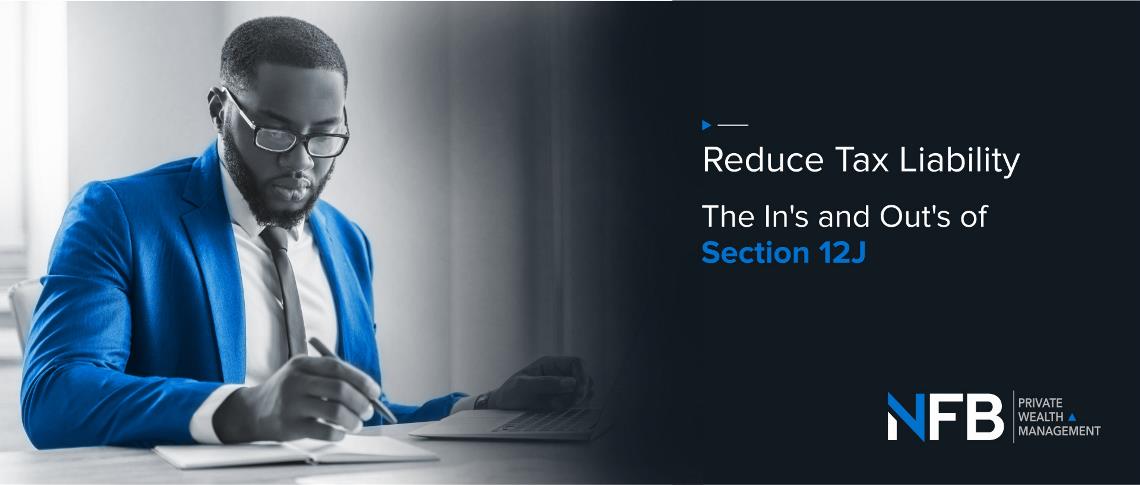How to lower your tax burden with a Section 12J investment
Everyone wants to lower their tax burden, but are you willing to take on some risk for doing so? A Section 12J investment could be for you.


What is a Section 12J investment?
Section 12J (S12J) of the Income Tax Act is a tax incentive whereby you can enjoy 100% tax relief by investing in a qualifying Section 12J venture capital company. Let’s just repeat that: the entire amount you invest is tax deductible, up to an annual limit of R2.5 million for individuals/trusts and R5 million for corporates.
Who is it for?
An S12J investment is for those wanting to reduce their tax burden (whether because they are high earners or because of a capital gains event). But you need to be comfortable with a few things first.
Firstly, there can be considerable risk associated with a private equity investment so you need to make sure such an investment aligns with your risk appetite. You also need to take a long-term view: if you sell your shares within five years SARS will recoup your tax saving.
We also advise you don’t contribute too much though as the contribution is deducted before that of a retirement annuity (RA) and you may not get the full tax benefit of your RA contribution (for more about the tax benefits of an RA, see our explanatory article here).
How do I invest?
There has been a proliferation of S12J providers in recent years so there is plenty to choose from. We recommend taking a close look at the underlying investments, the investment strategy and the team running the company before committing any of your money. You also need to ensure your provider understands and adheres to the compliance requirements in order to avoid a range of adverse consequences.
What do the tax deductions look like?
Here is a practical example of the tax deduction of an S12J investment. Let’s assume you owe capitals gains tax because you have sale proceeds of R1 million. Let’s supposed a base cost of R250 000 and that you’re a marginal tax payer.
| Sale Proceeds | R1,000,000 |
| Base Cost | R250,000 |
| Capital Gain | R750,000 |
| Taxable capital Gain | R300,000 (R750,000x40%) |
| Less S12J investment | R300,000 |
| Taxable Income | R0 |
| Net Cash | R700 000 |
| S12J Investment | R300 000 |
| Tax paid | R0 |
| Investor Balance Sheet | R1 000 000 |
Clearly an S12J investment is very efficient way to reduce your tax exposure. However, it’s not without its risks, which need to be weighed carefully against its benefits to make sure it’s the right way to meet your investment needs. A financial adviser will be able to help you assess whether it’s a good option for you.
With the end of the tax year looming, we’ve put together some helpful articles to give you some ideas as to how you can benefit from some legitimate tax efficiencies:
Take Advantage of a Tax-Free Savings Account
How a Retirement Annuity Can Help You Grow Old Gracefully













